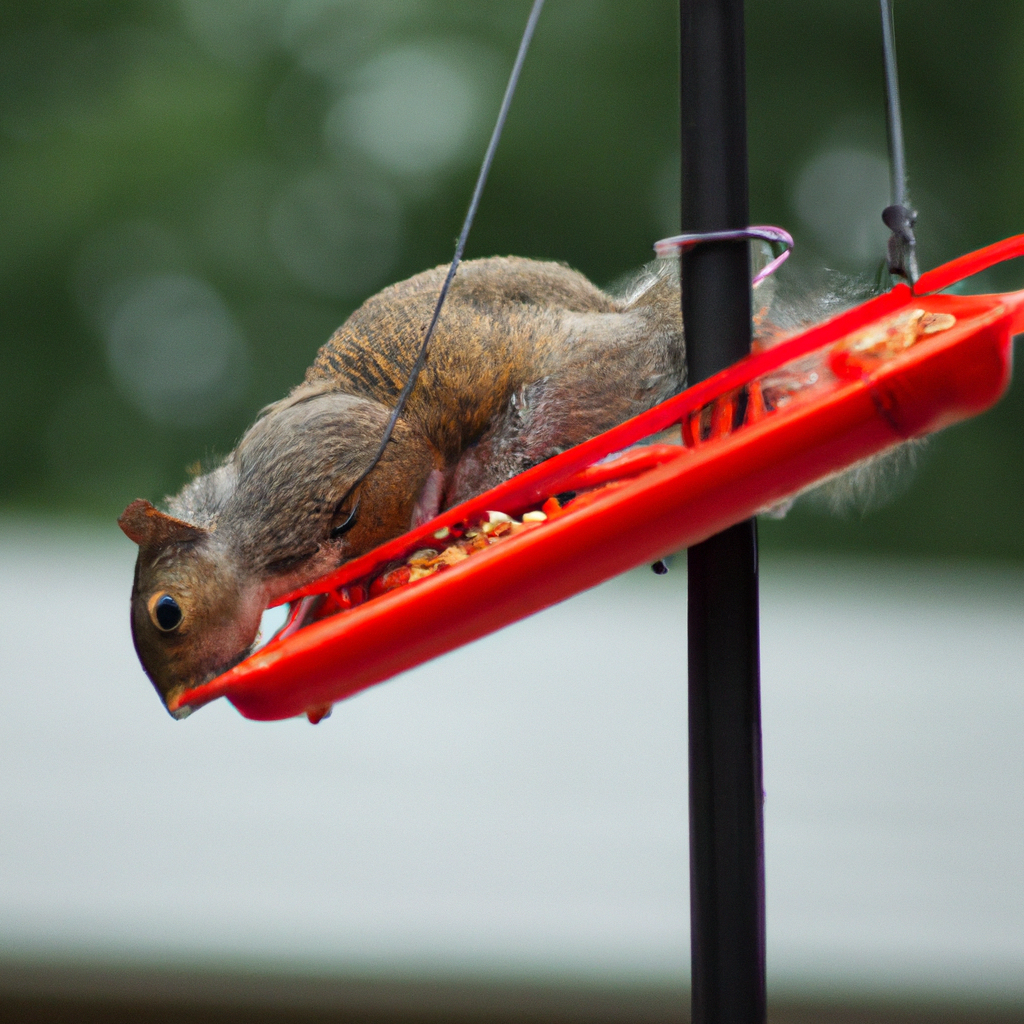How Long Can a Dog Go Without Water?
Dogs, our loyal and loving companions, rely on water to maintain their health and vitality. Much like humans, a canine’s body comprises a significant percentage of water, which is critical for countless physiological functions. But have you ever considered what happens when a dog doesn’t have access to water for an extended period? Understanding the role water plays in your dog’s health and hydration needs can help you make informed choices to ensure their well-being.
The Importance of Water for a Dog’s Health
Physiological Role of Water in Dogs
Water serves as the foundation for a dog’s wellbeing. It supports cell function, regulates body temperature, aids digestion, and facilitates waste elimination. Without sufficient water, these critical processes can become compromised, jeopardizing the animal’s health.
How Dehydration Affects Dogs
Dehydration can quickly impact a dog’s bodily functions, leading to fatigue, difficulty in movement, and loss of appetite. Prolonged periods without water may have more severe side effects, necessitating urgent care.
Factors Influencing a Dog’s Hydration Needs
Size and Breed
Larger dogs or breeds known for higher activity levels typically require more water than smaller, less active breeds. Each dog’s metabolic needs will also dictate their consumption levels.
Activity Level and Weather Conditions
Dogs who are active or exposed to high temperatures lose more water through panting and evaporation, increasing their hydration requirements.
Dietary Factors
A diet rich in dry kibble will necessitate more water than one supplemented with wet dog food or other moisture-rich sources. Always adjust water availability based on dietary specifics.
Signs and Symptoms of Dehydration in Dogs
Behavioral Indicators
When dehydrated, dogs may become lethargic, disinterested in activities, or excessively pant. These signs are subtle yet significant.
Physical Symptoms
Common physical cues include dry gums, decreased skin elasticity, and darkened urine. If you notice any of these, it’s essential to act promptly.
Preventing Dehydration in Dogs
Tips for Ensuring Adequate Water Intake
Always provide clean, fresh water and monitor its availability throughout the day. During hot weather or after exercise, encourage them to drink more to replenish lost fluids.
Special Cases: Puppies, Seniors, and Sick Dogs
Puppies, older dogs, and those with certain medical conditions may struggle with maintaining adequate hydration. Tailor your approach to meet the specific needs of these vulnerable groups.
What to Do If a Dog Isn’t Drinking Water
If your dog refuses to drink water for an extended period, offering flavored broths or wet food can often stimulate their appetite for liquids. In declined situations, seek assistance from a veterinarian to assess the underlying issue.
- How Long Can a Dog Go Without Water? - November 16, 2025
- Where Can I Promote a Home-Based Garden Service? Top Online & Offline Strategies to Grow Your Business - November 16, 2025
- When Is the Best Time to Build an Outdoor Bar? Seasonal Tips for Perfect Backyard Entertaining - November 16, 2025




